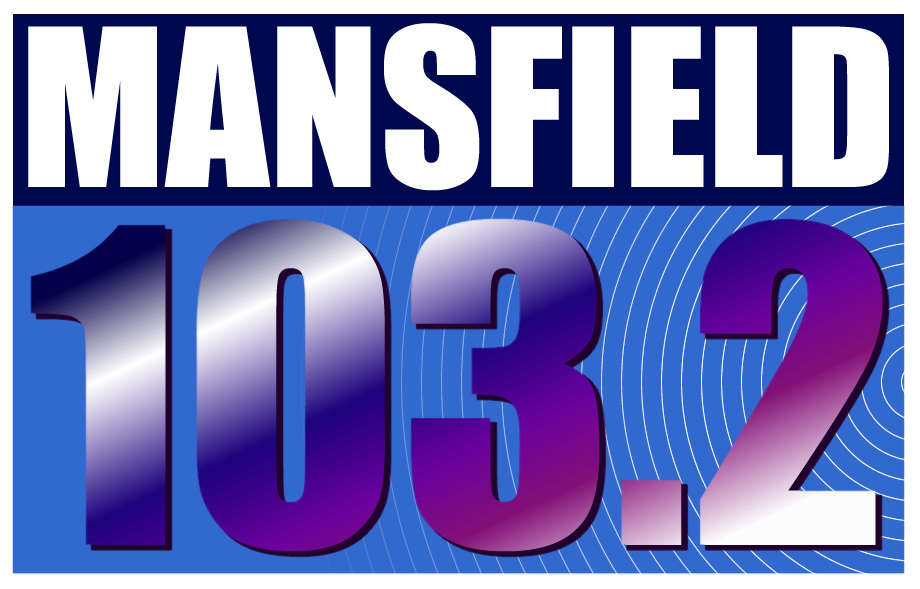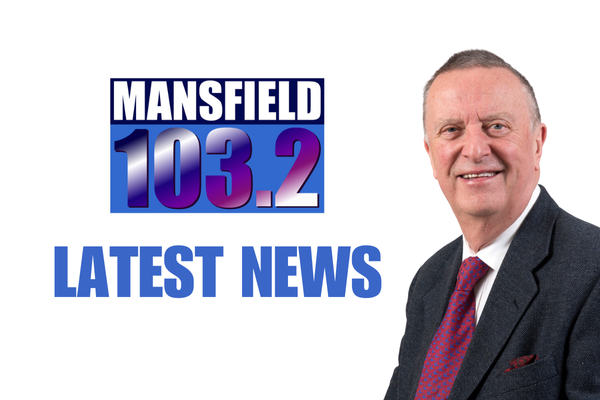Rachel Reeves has told Sky News she is looking at both tax rises and spending cuts in the budget, in her first interview since being briefed on the scale of the fiscal black hole she faces.
"Of course, we're looking at tax and spending as well," the chancellor said when asked how she would deal with the country's economic challenges in her 26 November statement.
Politics Hub: Follow latest updates
Ms Reeves was shown the first draft of the Office for Budget Responsibility's (OBR) report, revealing the size of the black hole she must fill next month, on Friday 3 October.
She has never previously publicly confirmed tax rises are on the cards in the budget, going out of her way to avoid mentioning tax in interviews two weeks ago.
Cabinet ministers had previously indicated they did not expect future spending cuts would be used to ensure the chancellor met her fiscal rules.
Ms Reeves also responded to questions about whether the economy was in a "doom loop" of annual tax rises to fill annual black holes. She appeared to concede she is trapped in such a loop.
?Listen to Politics at Sam and Anne's on your podcast app?
Asked if she could promise she won't allow the economy to get stuck in a doom loop cycle, Ms Reeves replied: "Nobody wants that cycle to end more than I do."
She said that is why she is trying to grow the economy, and only when pushed a third time did she suggest she "would not use those (doom loop) words" because the UK had the strongest growing economy in the G7 in the first half of this year.
What's facing Reeves?
Ms Reeves is expected to have to find up to £30bn at the budget to balance the books, after a U-turn on winter fuel and welfare reforms and a big productivity downgrade by the OBR, which means Britain is expected to earn less in future than previously predicted.
Yesterday, the IMF upgraded UK growth projections by 0.1 percentage points to 1.3% of GDP this year - but also trimmed its forecast by 0.1% next year, also putting it at 1.3%.
The UK growth prospects are 0.4 percentage points worse off than the IMF's projects last autumn. The 1.3% GDP growth would be the second-fastest in the G7, behind the US.
Last night, the chancellor arrived in Washington for the annual IMF and World Bank conference.
Read more:
Jobs market continues to slow
Banks step up lobbying over threat of tax hikes
'I won't duck challenges'
In her Sky News interview, Ms Reeves said multiple challenges meant there was a fresh need to balance the books.
"I was really clear during the general election campaign - and we discussed this many times - that I would always make sure the numbers add up," she said.
"Challenges are being thrown our way - whether that is the geopolitical uncertainties, the conflicts around the world, the increased tariffs and barriers to trade. And now this (OBR) review is looking at how productive our economy has been in the past and then projecting that forward."
She was clear that relaxing the fiscal rules (the main one being that from 2029-30, the government's day-to-day spending needs to rely on taxation alone, not borrowing) was not an option, making tax rises all but inevitable.
"I won't duck those challenges," she said.
"Of course, we're looking at tax and spending as well, but the numbers will always add up with me as chancellor because we saw just three years ago what happens when a government, where the Conservatives, lost control of the public finances: inflation and interest rates went through the roof."
Blame it on the B word?
Ms Reeves also lay responsibility for the scale of the black hole she's facing at Brexit, along with austerity and the mini-budget.
This could risk a confrontation with the party's own voters - one in five (19%) Leave voters backed Labour at the last election, playing a big role in assuring the party's landslide victory.
The chancellor said: "Austerity, Brexit, and the ongoing impact of Liz Truss's mini-budget, all of those things have weighed heavily on the UK economy.
"Already, people thought that the UK economy would be 4% smaller because of Brexit.
"Now, of course, we are undoing some of that damage by the deal that we did with the EU earlier this year on food and farming, goods moving between us and the continent, on energy and electricity trading, on an ambitious youth mobility scheme, but there is no doubting that the impact of Brexit is severe and long-lasting."

(c) Sky News 2025: Chancellor Rachel Reeves admits tax rises and spending cuts considered for budget



 Pair found dead in camper van after attending New Forest cider festival
Pair found dead in camper van after attending New Forest cider festival
 Driverless taxis to operate on London's roads from next year
Driverless taxis to operate on London's roads from next year
 Social media star 'Big John' Fisher to be deported after being detained in Australia
Social media star 'Big John' Fisher to be deported after being detained in Australia
 Royal Mail fined £21m for missing delivery targets
Royal Mail fined £21m for missing delivery targets




